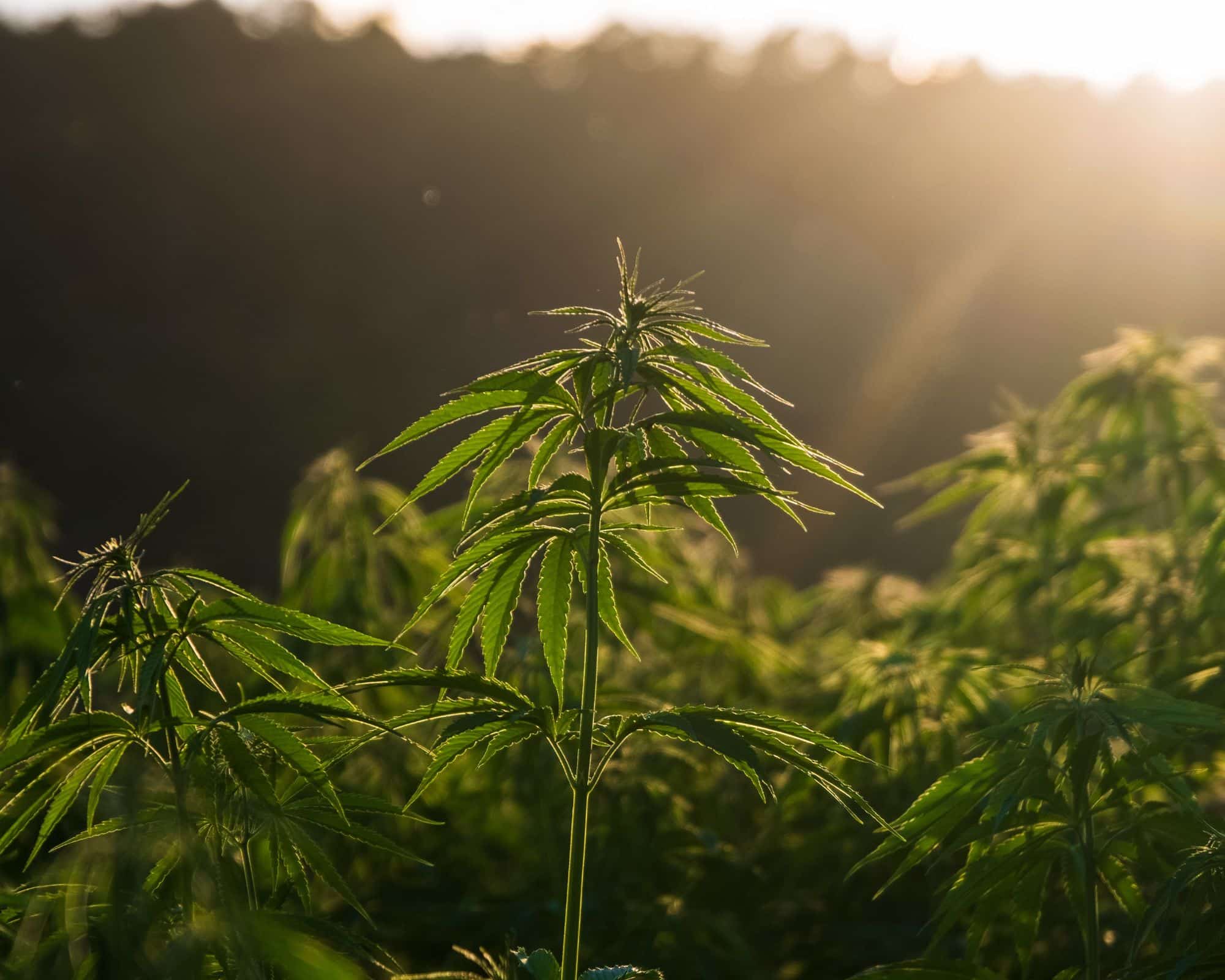Cannabis was legal, widely used and widely available in America and around the world well into the 18th and 19th centuries. In fact, during the late 19th century cannabis was commonly used in medicinal remedies widely available at the local pharmacy. The complex history of cannabis prohibition is inextricably linked to the deep systematic racism embedded in the history of the United States. We’ve done our best to describe that history below.
Cannabis stigmatization and ultimately prohibition, began after the Mexican Revolution of 1910 when many Mexican immigrants sought refuge in the United States. The term Marijuana was derived and used throughout the Southwest to make cannabis sound foreign and frightening to white Americans. Anti-drug campaigners propagated the idea of the “Marajuana Menace” to encourage the public to draw unwarranted connections between crime, cannabis and Mexican Americans.
In 1930, the Federal Bureau of Narcotics was established and appointed Henry J. Anslinger as its first commissioner. Anslinger believed that cannabis caused “insanity, criminality, and death”, especially in black people. Just one year into Anslinger’s appointment, 29 states had outlawed cannabis. The 1937 Marihuana Tax Act officially made the possession or sale of recreational cannabis federally illegal, allowing law enforcement to harass communities of color through policies designed to criminalize them.
The early 70’s brought President Richard Nixon’s “War on Drugs” and the creation of large policing agencies such as the Drug Enforcement Agency (DEA). President Ronald Reagan’s continuation of Nixon’s “War on Drugs” perpetuated the demonization of cannabis and its users through the 1986 Anti-Drug Abuse Act. Mandatory sentencing for all drug related offenses was instituted. An amendment to this act imposed life-time sentencing to multiple drug offenders with a “three strikes, you’re out” clause. These laws have disproportionately impacted communities of color, particularly in inner cities, encouraging the criminalization of cannabis users and the excessive jailing of black and brown people.
Knowing this history, it’s important for us to continue social equity work and partnerships within the cannabis space and uplifting marginalized members of our community. We’re honored to be supporting Supernova Women through Monday. Supernova Women is a non-profit organization that empowers people of color to become self-sufficient shareholders in the cannabis economy by advocating for inclusive policies and by creating programs to help advance careers in the cannabis industry.
Sources:
Green, Matthew. “Reefer Madness! The Twisted History of America’s Marijuana Laws.” KQED, 5 Jan. 2018, https://www.kqed.org/lowdown/24153/reefer-madness-the-twisted-history-of-americas-weed-laws#:~:text=1900%20%2D%201920s%3A%20%22The%20Marijuana%20Menace%22&text=As%20the%20drug%20grew%20more,the%20Mexicans%20who%20used%20it
“Libguides: Survey of Marijuana Law in the United States: History of Marijuana Regulation in the United States.” History of Marijuana Regulation in the United States – Survey of Marijuana Law in the United States – LibGuides at University of Georgia School of Law, https://libguides.law.uga.edu/c.php?g=522835&p=3575350
“Marijuana Timeline | Busted – America’s War on Marijuana | Frontline.” PBS, Public Broadcasting Service, https://www.pbs.org/wgbh/pages/frontline/shows/dope/etc/cron.html @solfulca (2021, April 23) Equity in the Cannabis Industry with Whitney Beatty and @supernovawomen retrieved from https://www.instagram.com/tv/COByqVrqwJv/?igshid=YWJhMjlhZTc=

